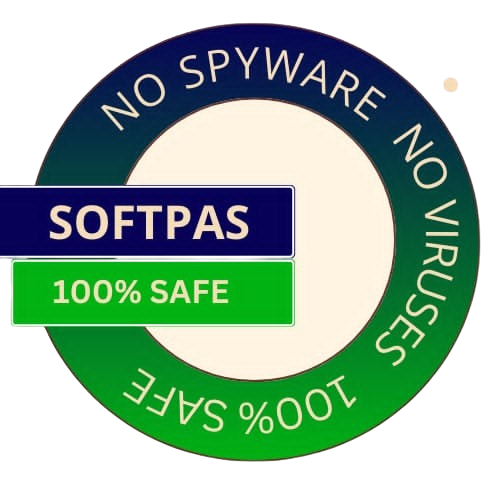
Get the best deals on your favorite games
trash-cli is a command-line tool that acts as a trashcan for your Linux system. It complies with the freedesktop.org specs and seamlessly integrates with other tools. This versatile software preserves crucial details of all your deleted files, such as their name, original path, deletion date, and permissions. It also works harmoniously with KDE Trash!
If you wish to move a file named foo to the trash can, simply enter:
$ trash fooTo explore the contents of your trash can, execute the following command:
$ list-trashThis command will display a list similar to this:
2007-08-30 12:36:00 /home/andrea/foo
2007-08-30 12:39:41 /home/andrea/bar
2007-08-30 12:39:41 /home/andrea/bar2
2007-08-30 12:39:41 /home/andrea/foo2You can search for a specific file in the trash by using this command:
$ list-trash | grep fooWith this command, finding files named foo becomes effortless!
If you accidentally deleted something important and want to recover it, run:
$ restore-trashYou will be presented with options like this:
0 2007-08-30 12:36:00 /home/andrea/foo
1 2007-08-30 12:39:41 /home/andrea/bar...You can then choose the file to restore by entering its corresponding number.
If you decide it's time to clear out all the trashed files, simply type:
$ empty-trashTo remove files that have been in the trash beyond a certain number of days, use this command:
$ empty-trash < days >For example:
$ empty-trash 7This action will eliminate all files older than seven days.
If you're eager to test out trash-cli, visit SoftPas.com. It offers a multitude of fantastic software choices!
Go to the Softpas website, press the 'Downloads' button, and pick the app you want to download and install—easy and fast!

SoftPas is your platform for the latest software and technology news, reviews, and guides. Stay up to date with cutting-edge trends in tech and software development.
Subscribe to newsletter
© Copyright 2024, SoftPas, All Rights Reserved.